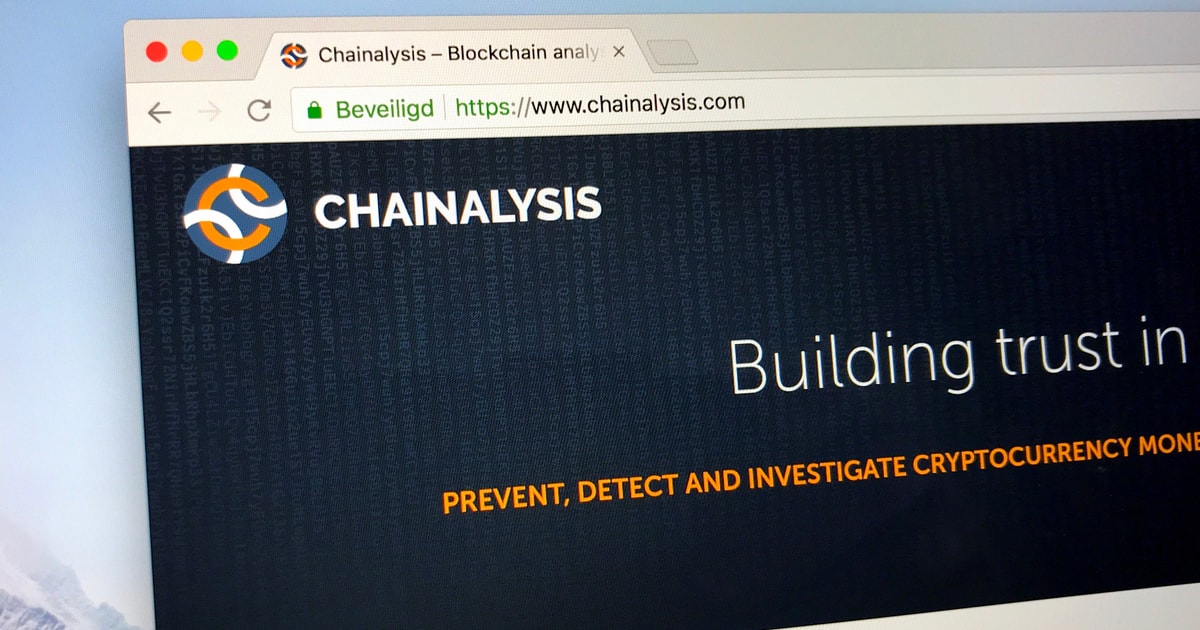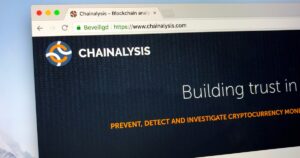Unmasking the Darknet: How Cryptocurrencies Fuel the Global Fentanyl Trade
By James Ding
March 08, 2025, 02:25
In a stark reminder of the dark side of cryptocurrencies, the U.S. Department of the Treasury’s Office of Foreign Assets Control (OFAC) has recently sanctioned Behrouz Parsarad, an administrator of the Iran-based Nemesis darknet marketplace. This sanction highlights the alarming use of cryptocurrencies in facilitating illicit drug trades, particularly the widespread trafficking of fentanyl—a substance that has contributed to the overdose crisis devastating communities across the globe.

The Nexus of Crime and Cryptocurrency
Nemesis, launched by Parsarad in 2021, became a digital haven for narcotics traffickers and cybercriminals. With its extensive features, the marketplace enabled the sale of nearly $30 million in fentanyl and other illegal substances until it was dismantled in March 2024 through a coordinated effort involving U.S., German, and Lithuanian authorities. At its height, Nemesis attracted over 30,000 active users and boasted around 1,000 vendors, facilitating not just drug sales but the trafficking of forged identification documents and hacking services.
Parsarad’s Cryptocurrency Operations
Parsarad’s activities reveal a complex web of transactions across various cryptocurrencies. According to Chainalysis, this sanction includes 44 Bitcoin (BTC) addresses and five Monero addresses tied to his operations. Between July 2022 and March 2024, Parsarad’s BTC wallets received a staggering $850,000, with total transactions exceeding $1.6 million. Such figures demonstrate how adept darknet operators are at leveraging Bitcoin’s price fluctuations to increase their holdings, showcasing the sophisticated methods used to profit in this shadowy arena.
Interestingly, despite operating in a country where drug offenses can lead to harsh penalties, Parsarad’s on-chain activities show minimal direct connections to Iranian services, suggesting a well-organized effort to mask his operations. This technique underscores the elaborate strategies employed by criminals to navigate the risks involved in the burgeoning realm of digital currencies.
OFAC’s Strategic Response to a Global Crisis
The recent measures taken by OFAC represent a significant escalation in the U.S. government’s battle against the global fentanyl supply chain, broadening the scope of enforcement beyond the traditional China-Mexico route. This is part of a coordinated strategy, spearheaded by the FBI-led Joint Criminal Opioid and Darknet Enforcement Team. These operations are not just about targeting sellers; they are instrumental in dismantling the entire ecosystem that supports drug trafficking on the darknet.
In light of the Nemesis shutdown, reports indicate that Parsarad is contemplating the establishment of a new darknet marketplace, potentially reconnecting with former vendors. This troubling reality illustrates the persistent challenge facing law enforcement agencies: despite significant crackdowns, the network of darknet marketplaces is remarkably resilient, maintaining an ongoing presence within the global drug trafficking landscape.
Conclusion: A Call to Action
The sanctioning of Behrouz Parsarad underscores the ongoing threat posed by cryptocurrencies in facilitating illicit activities. As the Extreme Investor Network, we believe that understanding how these digital assets can be exploited is crucial for informed cryptocurrency investors and the general public. The community must remain vigilant, supporting transparency and advocating for regulatory frameworks that can help curb the misuse of blockchain technology.
As we move forward in this digital age, the balance between innovation and security becomes increasingly vital. Our commitment at Extreme Investor Network is not only to keep you informed about the latest developments in the cryptocurrency landscape but also to ensure that we collectively work toward solutions that promote a safe and responsible blockchain ecosystem. Stay engaged, stay informed, and together, we can make strides against illicit operations that threaten our communities.

